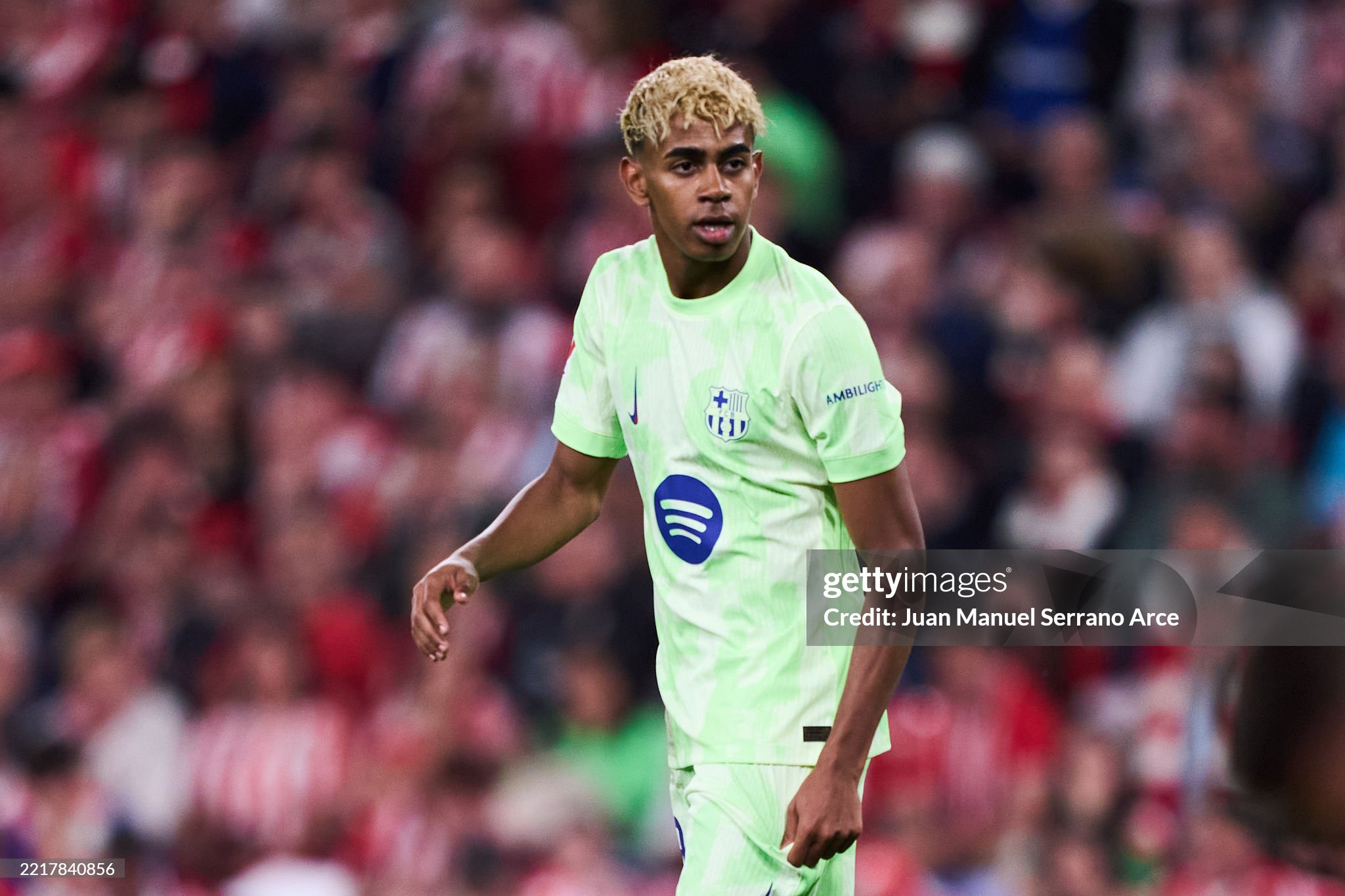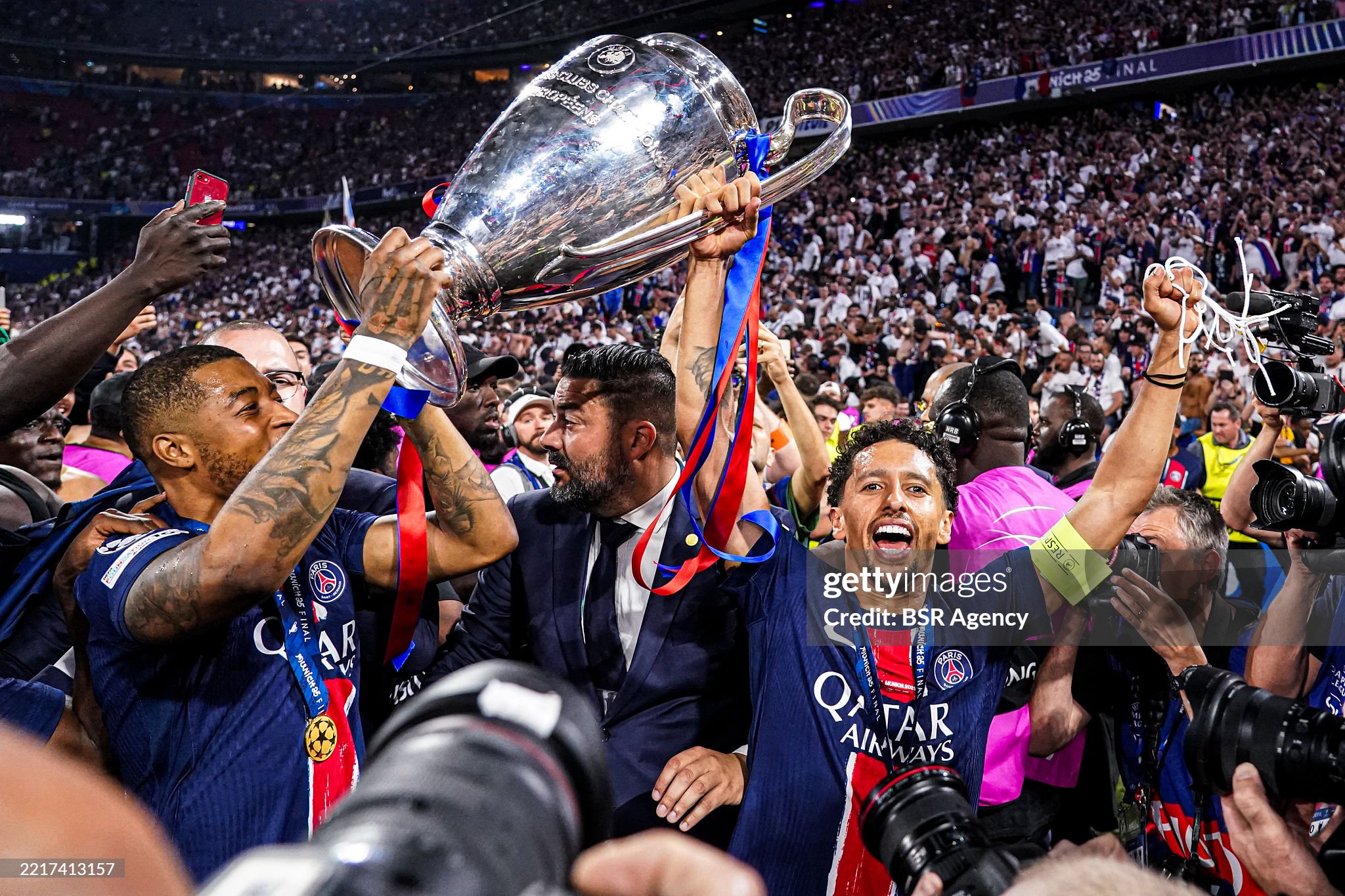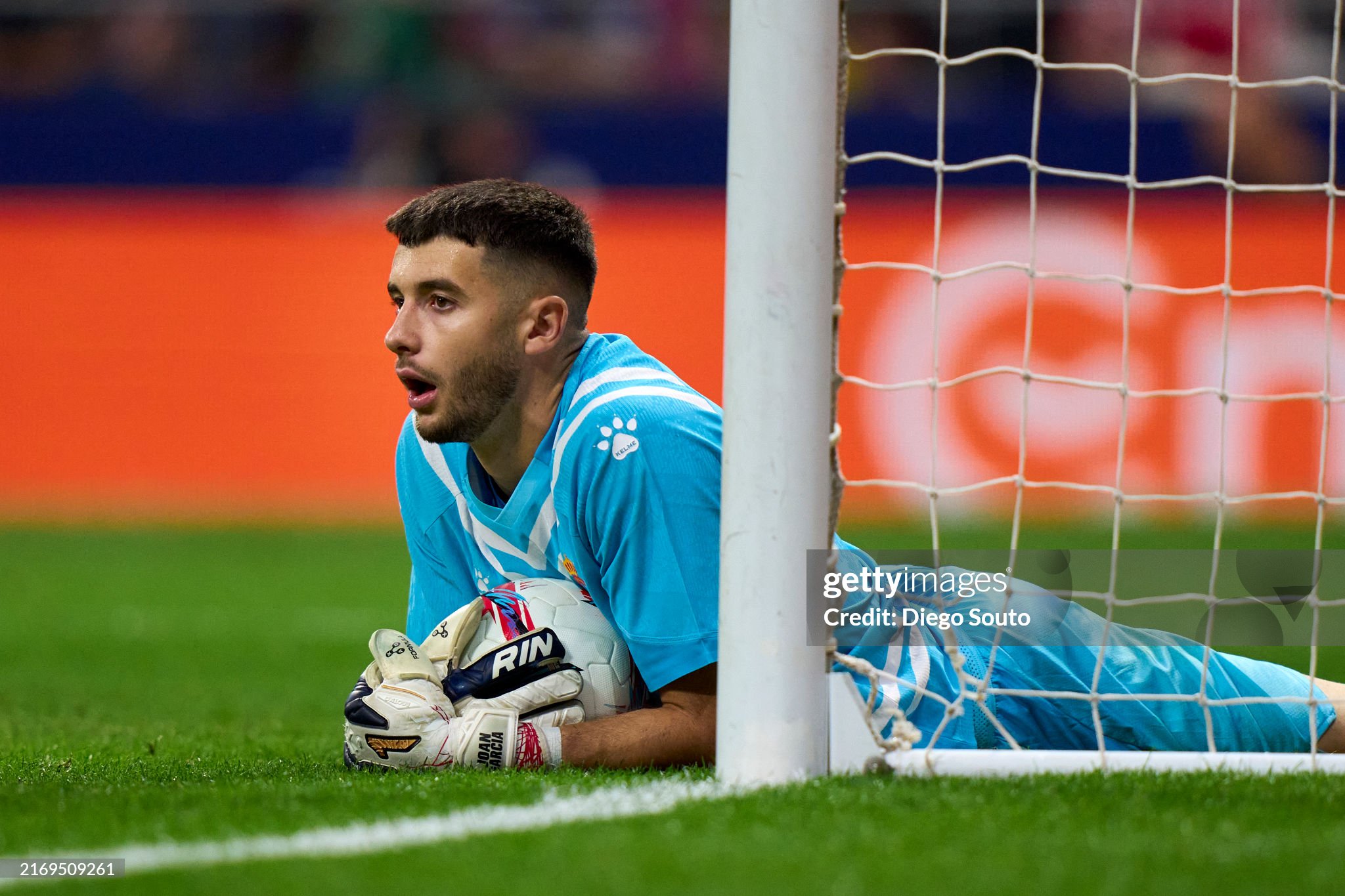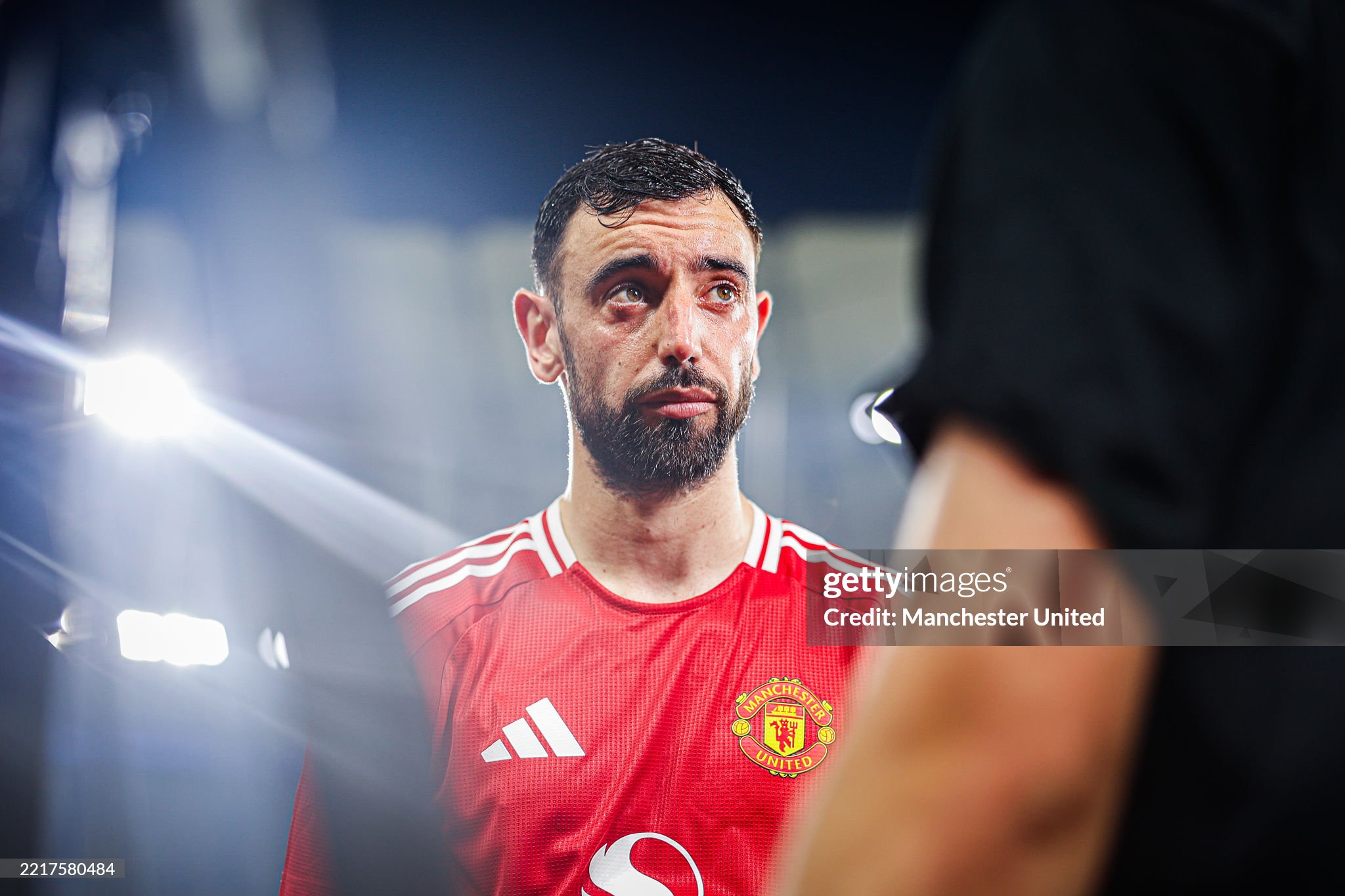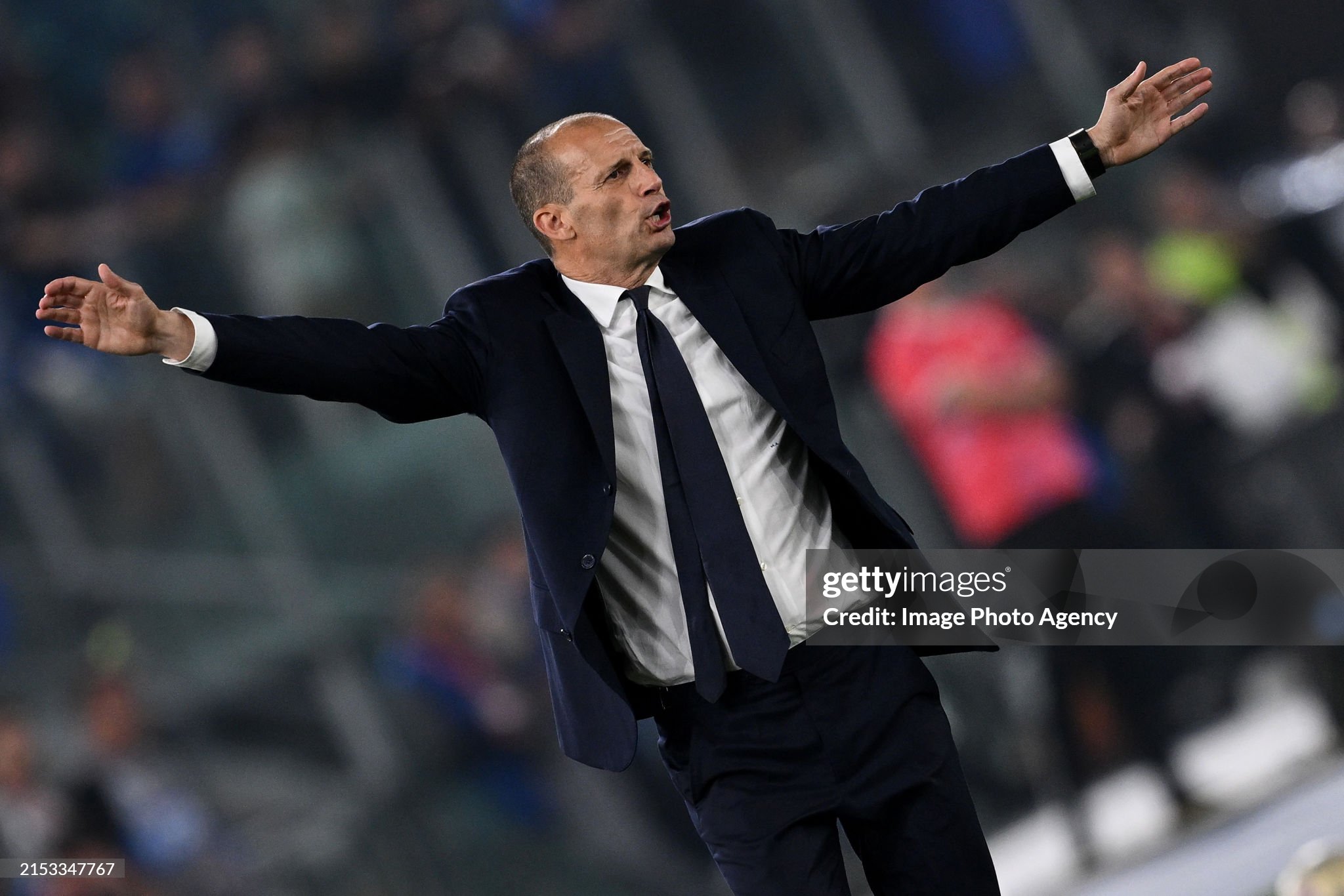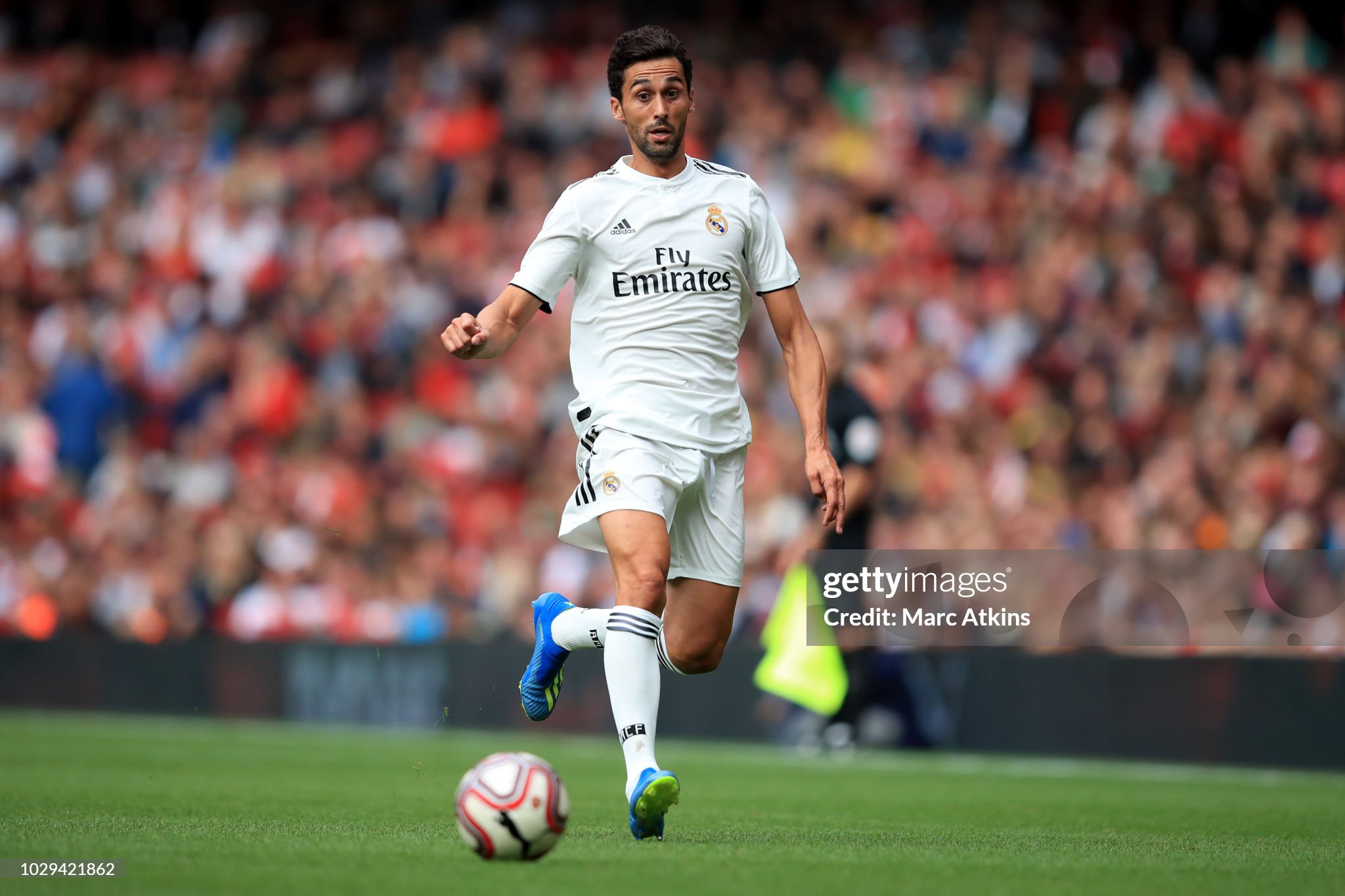A football finance expert has shared his insights with the BBC on the transfer possibilities of next season's Premier League clubs. The first transfer window opened on Sunday, and clubs are already working on their first signings. VI lists their reported budgets and (intended) reinforcements.
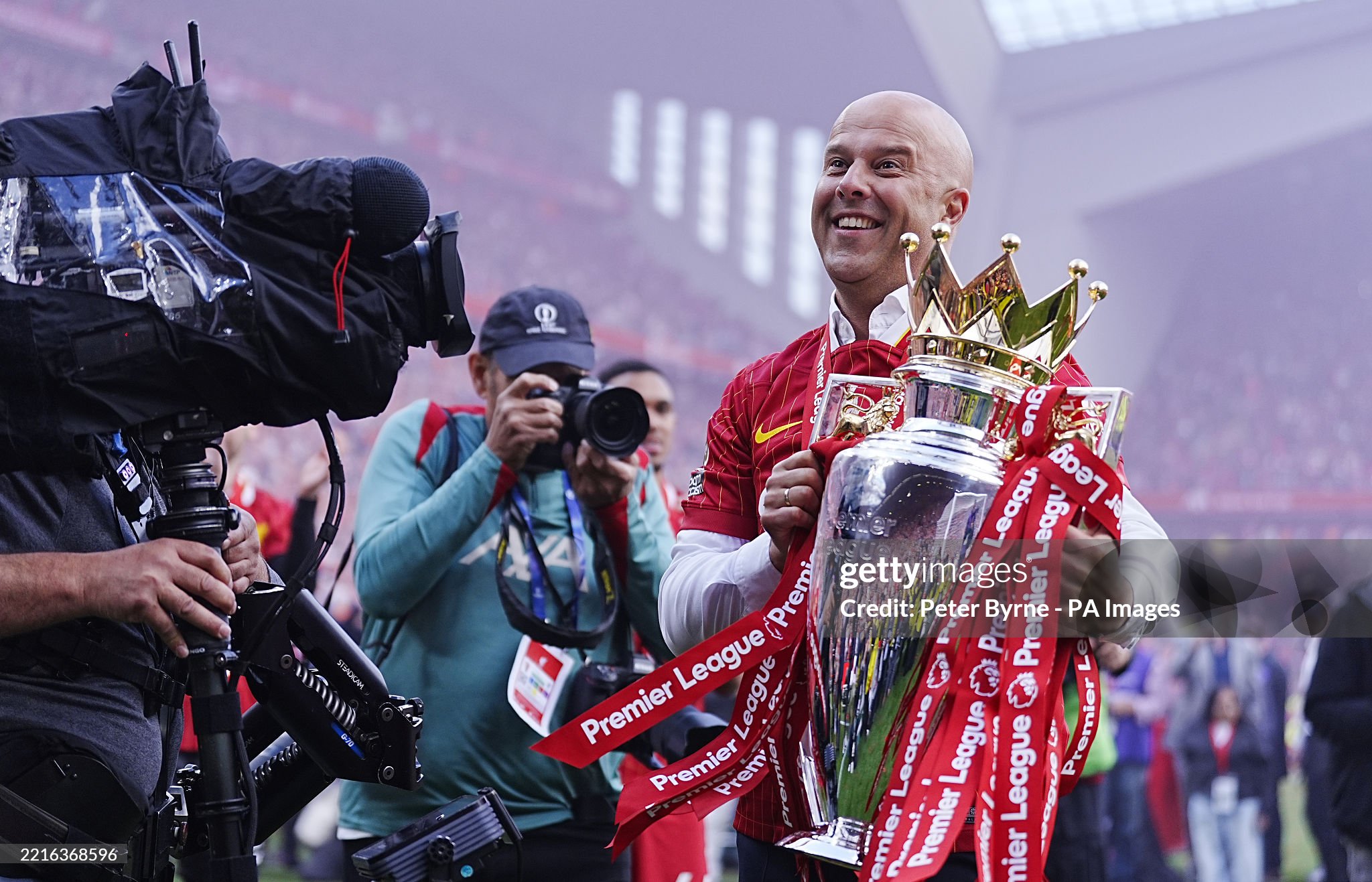 Embed from Getty Images
Embed from Getty Images
With the upcoming Club World Cup set to take place in the United States, all Premier League clubs not just those participating in the tournament have been granted a special ten-day window to complete transfers before the competition begins.
After this brief period, the market will temporarily close, reopening on June 16. This accelerated timeline forces clubs to act swiftly but also within financial limits, particularly given the growing importance of regulatory frameworks in modern football. In light of this, the BBC, working with football finance expert Kieran Maguire, has conducted a comprehensive examination of the financial landscape facing each Premier League club heading into the 2025/26 season.
Maguire, known for his academic expertise and as the author of The Price of Football, has shed light on the complex realities behind transfer strategies, especially with regard to the Profit and Sustainability Rules (PSR). These rules impose a cap on financial losses, limiting clubs to a maximum deficit of around €124.5 million over a rolling three-year period. This figure is reduced further for each season a club spends in the Championship or below, making it even more difficult for relegated teams or recent promotions to compete on equal footing with the league's established giants.
Liverpool are among the most proactive clubs this window. They have already secured Jeremie Frimpong from Bayer Leverkusen in a €35 million deal, bolstering their right flank. More ambitious is their interest in Frimpong’s former teammate Florian Wirtz, considered one of Europe’s most promising attacking midfielders, with an estimated market value of €150 million. According to Maguire, Liverpool can spend up to €230 million without breaching the PSR, due to smart financial planning and profitable player sales in previous windows. The club is also linked to Milos Kerkez, a highly rated full-back expected to cost around €50 million. Should all three signings materialize, the club would come close to maxing out its available budget, but would do so without risking sanctions a testament to their efficient financial management.
Manchester City’s situation is more complicated. While they remain one of the world’s wealthiest clubs in terms of commercial revenue and squad value, they are also facing 115 charges from the Premier League relating to alleged breaches of financial regulations dating back over a decade. Despite this looming legal uncertainty, no formal sanctions have been imposed as of yet, and Maguire believes City can still operate with a transfer budget in excess of €200 million. The likely departure of Kevin De Bruyne, whose contract is nearing its end, could free up additional resources, both in wages and in transfer funds. The club is reportedly targeting Tijjani Reijnders from AC Milan, valued at €75 million, along with Rayan Cherki from Olympique Lyon whose release clause is said to be between €25 and €30 million and Rayan Aït-Nouri from Wolverhampton, who is reportedly worth around €50 million. These signings would further reinforce a squad already packed with depth, youth, and technical excellence.
Chelsea are preparing for another bold summer, but their ability to spend big hinges on a controversial internal transaction: the proposed sale of the women’s team to their parent company, BlueCo. If the Premier League approves this move, it would generate substantial internal revenue, allowing Chelsea to push past the €200 million spending mark once again. If not, they will need to offset expenditures through player sales. The first significant acquisition appears to be striker Liam Delap from Ipswich Town in a €35 million deal. Meanwhile, a large number of players are reportedly available for sale, including Noni Madueke, Christopher Nkunku, João Félix, Robert Sanchez, Djordje Petrovic, Renato Veiga, Ben Chilwell, Axel Disasi, Wesley Fofana, Trevoh Chalobah, Kiernan Dewsbury-Hall, Carney Chukwuemeka and Lesley Ugochukwu. It’s clear the club is undergoing a major squad reshuffle as it looks to return to the top tier of English and European football.
Newcastle United find themselves in a more stable financial position. Their qualification for the Champions League provided a significant boost to revenues, while recent sales notably that of Yankuba Minteh to Brighton have opened up further flexibility. According to Sky Sports, their primary transfer targets include Marc Guéhi from Crystal Palace, whom they reportedly tried to sign last summer for around €70 million, and Bryan Mbeumo from Brentford. With Guéhi entering the final year of his contract, Newcastle may find themselves in a stronger negotiating position. Underpinned by Saudi investment, the club is balancing ambition with compliance, aiming to build sustainably without triggering PSR penalties.
Aston Villa face a more constrained situation. With a financial deficit of over €200 million and no Champions League revenue to boost their coffers, the club is expected to operate on a much tighter budget. Maguire estimates they could have between €60 million and €120 million to spend this summer, unless they manage to sell a key player. As a result, players like Marcus Rashford and Marco Asensio, previously linked with permanent moves to Villa Park following loan spells, are now likely considered unaffordable. Nonetheless, the club has managed to sign Zepiqueno Redmond from Feyenoord on a free transfer an example of the type of low-risk, cost-effective deal they may prioritize this summer.
In the middle of the table, several clubs are navigating the market with varying strategies. Nottingham Forest, despite their aggressive spending over recent seasons, are not currently facing PSR restrictions. The club is reportedly pursuing three Brazilian players from Botafogo striker Igor Jesus, left-back Cuiabano and centre-back Jair Cunha as they continue to build a squad capable of stabilizing in the top flight. Brighton, meanwhile, remain one of the best-run clubs in Europe financially. With more than €200 million in profit over the last two years, they are in a position to invest heavily, though they are expected to maintain their proven approach of scouting and developing lesser-known talents. They’ve already acquired 19-year-old Tommy Watson from Sunderland for €13 million and are believed to have agreed to a free transfer for Olivier Boscagli from PSV Eindhoven.
Brentford and Bournemouth both have solid financial footing, though they are adopting a more cautious tone this summer. Brentford recently sold goalkeeper Mark Flekken to Bayer Leverkusen and are close to securing Caoimhín Kelleher from Liverpool as his replacement, with both deals reportedly similar in value. Bournemouth pulled off a headline-grabbing deal with the sale of Dean Huijsen to Real Madrid for around €60 million a transformative sum for a club of their size, which could fund further reinforcements or stabilize their accounts.
At the lower end of the table, clubs are also facing significant challenges. Manchester United, despite reportedly posting the highest operating profit in the Premier League, must sell high-earning players before making further investments. The club has already signed Matheus Cunha for €75 million, but any additional transfers will be contingent on reducing the wage bill and possibly offloading fringe players. Tottenham Hotspur are dealing with a more structural financial constraint nearly €400 million in outstanding transfer payments from previous deals. This burden could severely limit their ability to strengthen the squad, even with Champions League participation on the horizon.
As the summer unfolds, the transfer window will not only reshape squads but also test the financial discipline and creativity of Premier League clubs. For many, smart business may prove more valuable than extravagant spending. For others, internal restructuring or accounting ingenuity could become key tools to remain competitive while adhering to the evolving financial landscape of top-level football.

